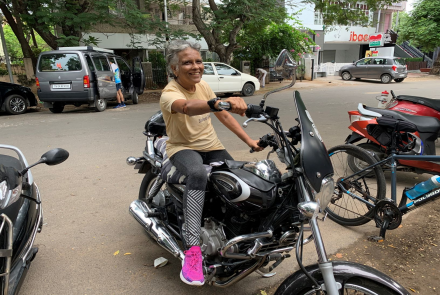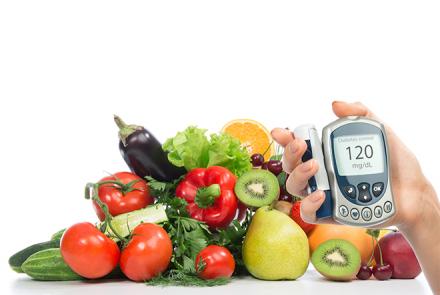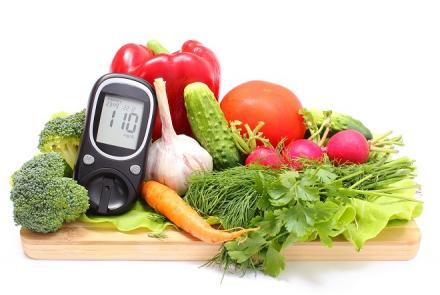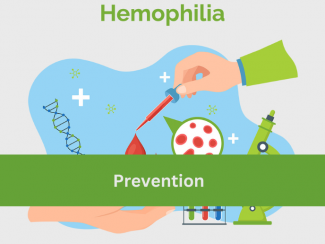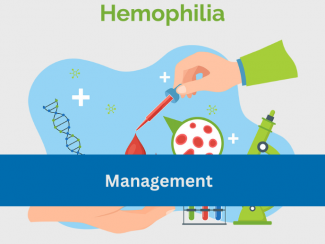
Prediabetes is the stage before Diabetes. Its your best chance of preventing the progression to diabetes if you make the necessary lifestyle changes. Read on to find out more about about Prediabetes.
What is Prediabetes
Prediabetes is when your blood glucose levels are higher than normal but not high enough to be diabetes. Simply put, prediabetes puts you at a higher risk of developing diabetes unless you change your lifestyle. According to the Center for Disease Control (CDC), 15 to 30 per cent of prediabetics develop Type 2 diabetes within five years, if they do not change their lifestyle.
Are you at risk of developing prediabetes
The following factors may put you at risk:
• 45 years of age or older
• Overweight with a BMI (body mass index) of 25 or over and have risk factors for diabetes
- Physically inactive/sedentary lifestyle
- Have a first degree relative with diabetes
- Have had a history of gestational diabetes or delivering an overweight baby (> 9 pounds).
- Have Polycystic Ovary Syndrome
- Have high triglycerides or low HDL (good) cholesterol
- Had abnormal blood sugar tests in the past
- Have high blood pressure of more than 140/90mmHg
- Have history of heart diseases
- Have metabolic syndrome that presents with signs of insulin resistance, abdominal obesity, fatigue or a skin condition like acanthosis nigricans (dark patches on the skin with a thick velvety texture).
Can prediabetes be prevented
You can take the following steps to reduce risk:
- Reduce calorie intake and exercise so as to lose 5-7 per cent of your body weight. This means structured lifestyle changes such as regular exercise and a diet low in carbohydrates.
- Aim for the following results in your blood tests:
|
Triglycerides |
<150mg/dl |
|
High density lipoprotein |
40mg/dl |
|
Fasting blood glucose |
<100mg/dl |
|
2 hour post meal blood glucose |
<140mg/dl |
|
HbA1c |
<5.6 |
|
Blood pressure |
<130/80mmHg |
Symptoms of Prediabetes
Unfortunately there are often no symptoms. But if you have increased thirst, increased urination, blurred vision, extreme fatigue or have a history of diabetes in your family, approach your doctor.
What tests should you do for prediabetes
Your doctor may recommend the following:
Fasting plasma glucose (FPG): This blood test is the most common test used and is mostly done in the morning after the patient has been fasting for a minimum of 8 hours. If you have prediabetes, your results will be 110-125mg/dl.
Impaired Fasting Glucose (IFG): A fasting blood sugar sample and post-meal sample is taken and tested in the laboratory. If you have prediabetes, your results will be 110-125 mg/dl and <140mg/dl respectively.
Oral Glucose Tolerance Test (OGTT): This is a more sensitive test for diagnosis but is inconvenient as two blood sugar samples are taken. One is an 8-hour fasting blood sugar sample and another taken two hours after the patient has 75g of sugar. If you have prediabetes, your results will be <126 mg/dl for the fasting blood sugar test and 140-199 mg/dl for the other.
HbA1c Test: This test is used to detect Type 2 diabetes and prediabetes but is not recommended for diagnosis of Type 1 diabetes or gestational diabetes. The A1C test is a blood test that reflects the average blood glucose levels over the past 3 months and does not show daily fluctuations. It is more convenient for patients because it does not require fasting and can be performed at any time.
Simple Chart for PreDiabetes
|
TEST |
NORMAL |
PREDIABETES |
DIABETES |
|
FPG |
Less than 100 mg/dL (milligrams per deciliter) |
100 mg/dL - 125 mg/dL |
126 mg/dL or greater on two or more tests |
|
OGTT at 2 hours |
Less than 140 mg/dL |
140 mg/dL to 199 mg/dL |
Greater than 200 mg/dL |
|
HbA1c |
5.6% or less |
5.7 to 6.4% |
6.5 % or above |
*For all three tests, risk is continuous, extending below the lower limit of the range and becoming disproportionately greater at higher ends of the range.
Read: How To Prevent Diabetes At Pre-diabetic Stage?
Treatment for Prediabetes
To achieve your target blood sugar level, you need a healthy meal plan and an exercise regimen. Being active is very important as it helps the body use insulin more efficiently to convert glucose into energy for the cells. Prediabetics are more prone to heart disease and stroke. Hence, avoiding tobacco and excessive alcohol use are recommended. A medical follow-up within 3 months and nutrition education is advised. It is also important that you be screened for diabetes every year.

